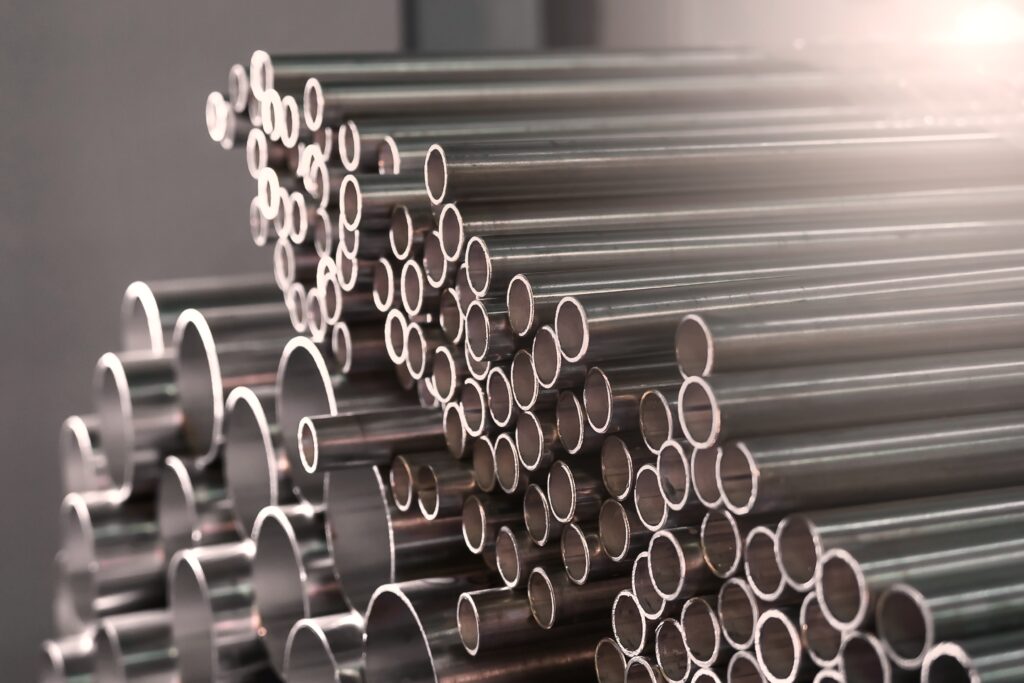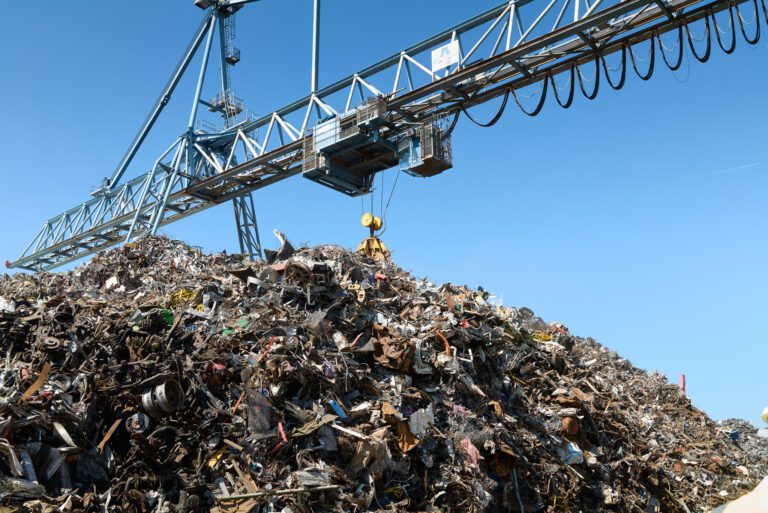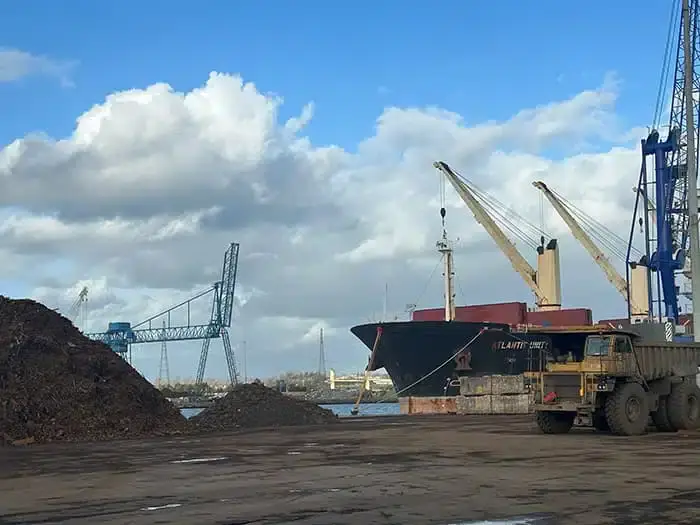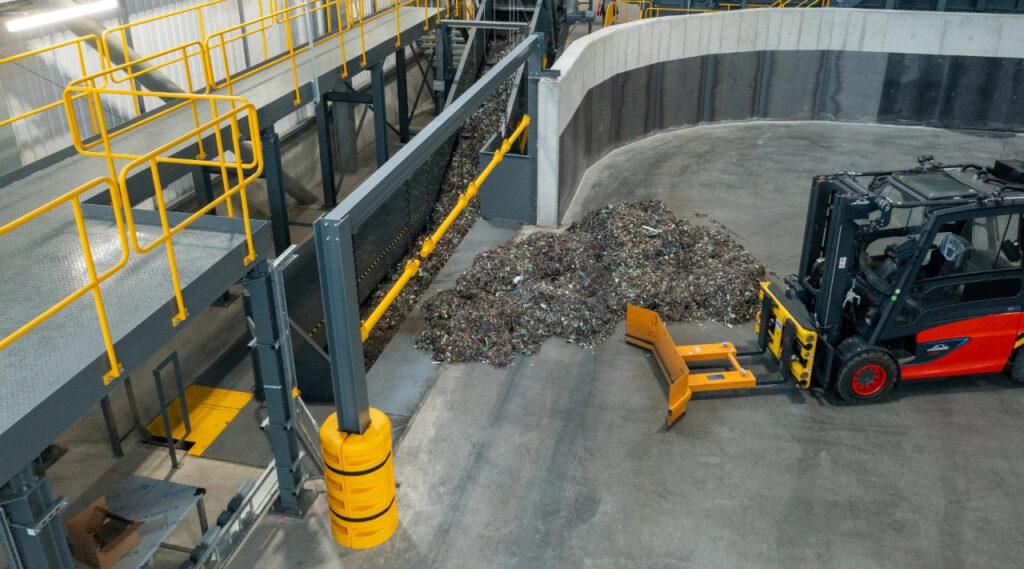In a new position statement, it warned that current methodologies risk labelling higher-emission steel – often produced from virgin raw materials – as green, while overlooking steel made from recycled content via electric arc furnace (EAF) technology.
The statement cautioned that this is particularly true of those using “sliding scale” or “benchmarking” approaches.
The organisation has called for a “fair and science-based approach” which accurately reflects emissions performance of different types of steel.
Susie Burrage OBE, president of BIR, said: “Steel made from recycled materials via EAF technology can cut emissions by up to 74% compared to traditional blast furnace production.
“It is crucial that policy frameworks properly reflect this reality. We are not asking for special treatment, but for a level playing field – where environmental claims are backed by real data, and where the role of recycling in decarbonisation is fully valued.”
BIR stressed that “green steel” should consider the total lifecycle of emissions, not just the production method or feedstock origin.
The organisation also called for public procurement rules to actively support circularity by requiring minimum recycled content in steel used for public construction, transport, and infrastructure projects.
Arnaud Brunet, director general of BIR, said: “Public policy has a critical role to play in scaling up low-carbon steelmaking.
“However, this must be done with a clear understanding of the benefits of recycling.
“Global trade in recycled steel is essential to ensuring supply to producers committed to decarbonisation – and restricting it only slows progress.”
BIR represents over 30,000 companies in the recycling sector across 71 countries.
Trade barriers that limit recycled steel
The position statement also highlighted the risk of trade barriers that limit the cross-border flow of recycled steel.
It called for policymakers to consider the following policy measures:
- Ensure green steel standards are based on actual, measurable emissions
- Reject export restrictions on recycled steel, which hinder global decarbonisation
- Use public procurement and incentives to reward low-carbon, circular steel
- Invest in better collection and sorting infrastructure to increase recycling rates
- Include the recycling sector in green steel policymaking and standard-setting
Burrage added: “The recycling industry is a key partner in the transition to a cleaner, more circular economy.
“Getting the green steel framework right is not just about fair competition – it’s about making sure the policies we adopt truly deliver on their climate and resource-efficiency promises.”









Subscribe for free